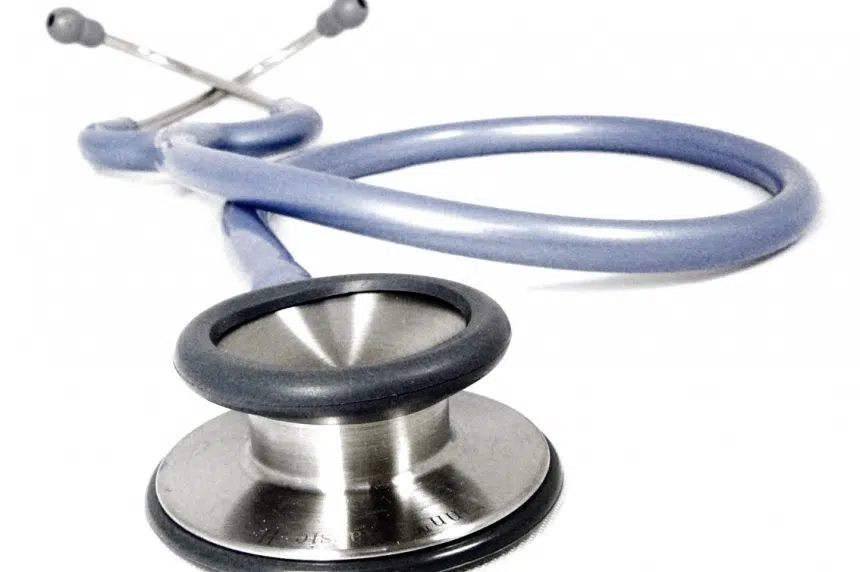It costs more to get heart healthy in Regina than anywhere else in the province.
Patients are reporting cardiac rehabilitation costs at the Paul Schwaan Centre for Health and Research Centre at the University of Regina (U of R) have tripled to $440 for the first three months. Other cities in Saskatchewan offer the same or similar rehabilitation programs at a lower cost. In Saskatoon, the price is as low as $90 to cover three months.
Programs such as these are individually designed and physician-assisted. They are described as vital to patients like Mike Debert.
In 2008, Debert suffered a heart virus known as myocarditis. In 2012, an artificial heart was installed. He now can’t exercise without a doctor present, a service he was receiving at the Paul Schwaan Centre until costs tripled.
Debert says he continues to attend the program but it isn’t easy.
“You are sacrificing other enjoyments in life to work out.”
Debert, 38, wants to keep attending because of the benefits he feels he receives.
“Getting to the Schwaan Centre, becoming physically active, the mental aspect of talking with other people that are going through the same thing, has been a life saver,” he explained.
Until last fall, the cost was as low as $125 but the price skyrocketed when the U of R stopped receiving a grant from the Regina Qu’Appelle Health Region (RQHR). The annual subsidy was $90,000.
The issue was raised by the NDP in the Saskatchewan legislature and a number of patients impacted by the changes attended.
Health Minister Dustin Duncan answered that the RQHR evaluated the program and found only 30 per cent of cardiac rehab patients accessed this service and some sought exercise programs elsewhere, like private gyms. This is the reason given as to why the region cut the subsidy.
A 2001 government report into this issue described cardiac rehab programming across the province as inequitable
When asked about the disparity, Duncan replied, “I would say that Regina and Saskatoon are in two different fiscal situations”.
Duncan is in talks with the Minister of Advanced Education to see if they can help patients who are finding the programming unaffordable.
“Let’s see if there is a way we can spread that cost over the time.”











